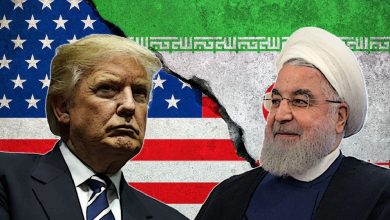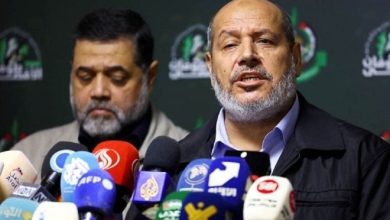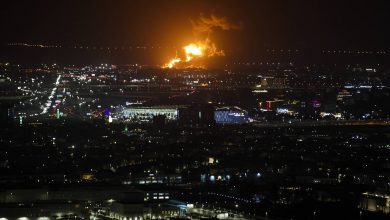Assad’s Media Chief Reveals Tensions with Russia and Iran Before Damascus Crisis
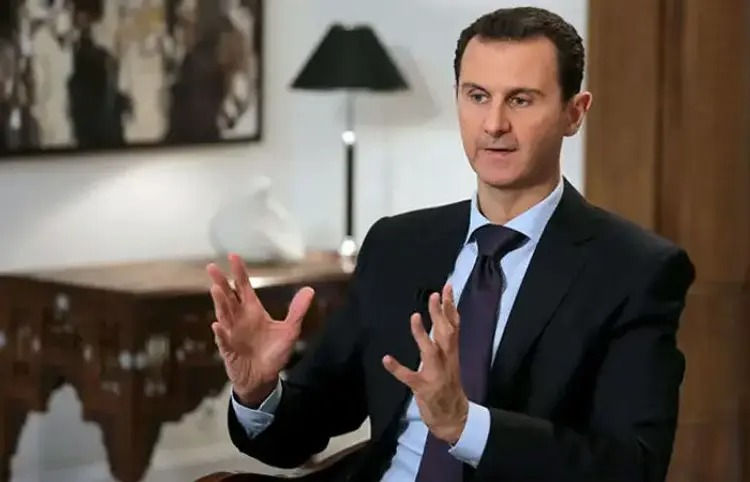
Watan – In a revealing podcast on the “Mazeej” platform, Kamel Saqr, former media chief in the Syrian presidency, shared insights into President Bashar al-Assad’s attempts to secure Russian and Iranian support during critical moments leading up to the Syrian opposition’s advance on Damascus. The revelations highlight deteriorating Syrian-Russian relations and a lack of coordination with Iran.
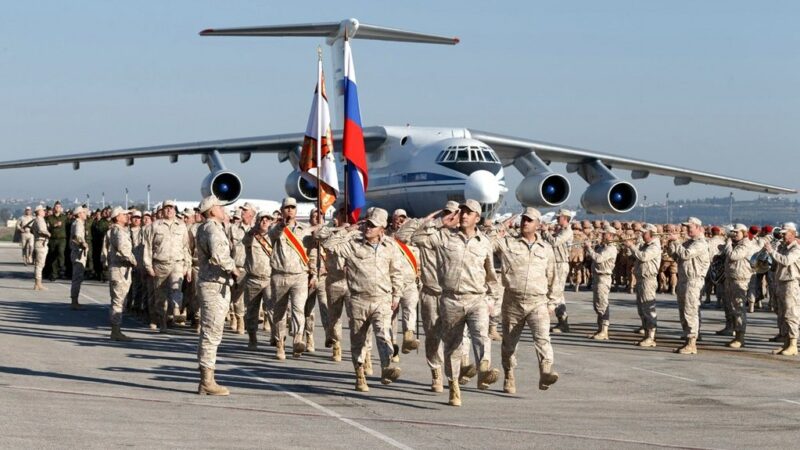
Russian Reluctance to Support Iran’s Military Aid
According to Saqr, Assad’s requests to use Russia’s Hmeimim airbase to facilitate Iranian military aid shipments were denied. Following the fall of Aleppo, Moscow reportedly refused to allow Iranian aircraft to land at Hmeimim, creating logistical challenges for the Syrian army.
- Iranian Flights Blocked:
Iranian officials informed Assad that they lacked clearance to send aircraft through Iraqi and Syrian airspace to Hmeimim. A military plane attempting the journey was forced to return after U.S. threats to shoot it down. - Russian Silence:
When Assad turned to Moscow for assurances, his requests were met with no response. This lack of support coincided with deteriorating conditions in Syria’s military and economy, leaving the Assad regime in a precarious position.
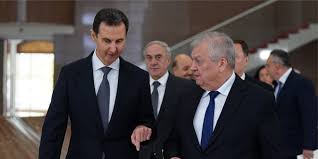
Failed Communication with Putin Before Damascus Crisis
Saqr disclosed that Assad tried unsuccessfully to contact Russian President Vladimir Putin during the three days leading up to December 8, when opposition forces took control of Damascus. This failure underscored growing gaps between Syrian and Russian leadership at a critical juncture.
Turkey’s Rejection and Assad’s Resistance
Another significant revelation was Turkey’s refusal to engage in dialogue with Assad, conveyed through Iraqi intermediaries on December 6.
- Assad’s Stance:
Saqr described Assad’s refusal to meet Turkish President Recep Tayyip Erdoğan as a “detachment from reality.” He criticized Assad’s unwillingness to engage in political negotiations, labeling it as an avoidance of the potential political outcomes such meetings could yield. - Russian Frustration:
Alexander Lavrentiev, Putin’s envoy to Syria, tried persuading Assad to meet with Erdoğan or at least agree to high-level talks between the two nations’ foreign ministers. However, Assad insisted on limiting interactions to security officials, a stance that reportedly displeased Moscow.

Insights into Syria’s Struggles Before Aleppo’s Fall
Saqr painted a grim picture of Syria’s situation before the fall of Aleppo:
- Military Weakness:
The Syrian army was unprepared for sustained combat, further complicating its ability to defend against opposition advances. - Economic Collapse:
The country’s economy was severely deteriorated, exacerbating the challenges faced by the Assad regime.




